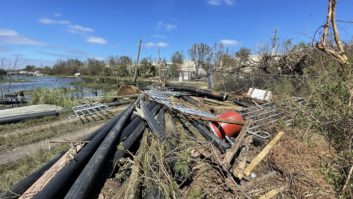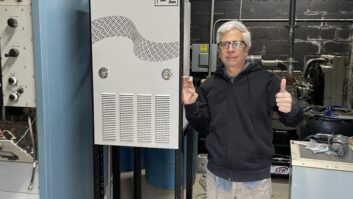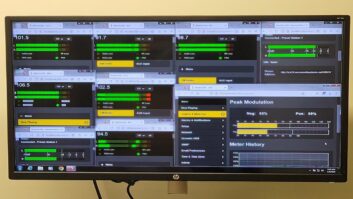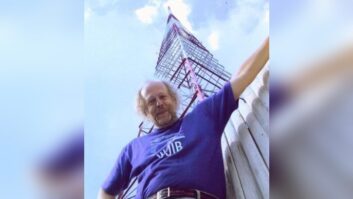Some might describe John O. Broomall Sr. as a serial filer of FCC forms. In fact, he estimates he has submitted more than 1,000 successful filings to the commission.
Broomall, 83, is recognized by many as a national authority on community radio. He operates Christian Community Broadcasters, a consultancy near Atlanta, that he founded with his wife Henri in early 2000. He has helped more than 300 churches, ministries, school and community groups build and operate noncommercial low-power FM stations.
Broomall got his start in broadcasting at 17 as a student intern when WETV Channel 30, now WABE(DT), signed on in Atlanta in 1958, one of the first city-owned PBS stations. He helped found WATC(TV) Channel 57, a non-CPB private educational station, in 1996 and retired from his job there as underwriting manager in 2012.
The son of a Southern Presbyterian pastor, he estimates more than half of the 2,000 LPFM stations on the air in the United States are operated by churches and Christian ministries. The veteran broadcaster operated WPCG(LP), Grace Radio in Canton, Ga., but turned over operation of the station to Encompass Ministry in 2022.
Radio World spoke with him about the success of the LPFM service, demand for new stations, a proposal to increase power levels and his life as a Christian broadcaster. Some answers have been edited for brevity.
Radio World: What are your emotions on learning about the November filing window for new LPFMs?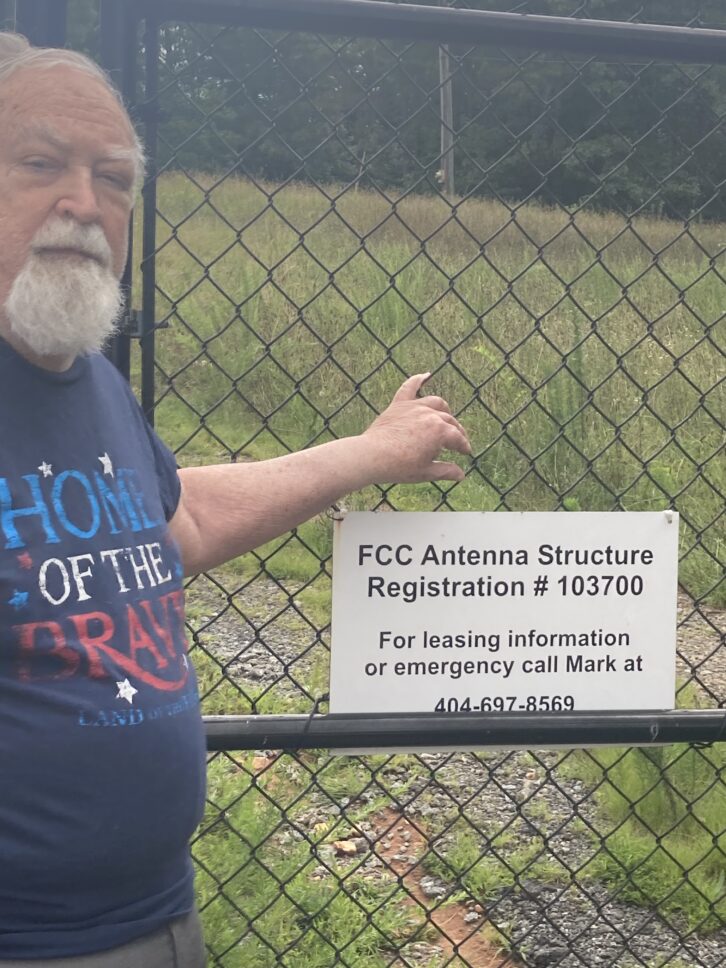
John Broomall: There has not been a low-power FM window since 2013, and I am excited for what will probably be the final one. The radio dial is getting full nationally in urban and suburban areas. At 83, it will be the climax of my broadcasting career.
RW: Have you had many calls from prospective LPFM broadcasters seeking help?
Broomall: Since CCB started in 2000, I have proactively sought clients through ads and faxing, emailing, calling and mailing to prospects. I am notifying all my clients and relying on referrals to keep me busy.
RW: What do LPFM wannabes need help the most with?
Broomall: Frankly, everything. LPFM is a unique radio service not understood even by some FCC employees. If a person has never filed an LPFM Form 318, being a full-power radio personality is of no benefit.
RW: What should people know about the commission’s procedures?
Broomall: FCC legacy rules and procedures, changes the commission made in 2019 and its future rulings can best be interpreted by men and women who have done dozens or hundreds of low-power FMs. “Do it yourself” is not for brain surgery, repairing aircraft or filing in the fiercely competitive November window.
For example, one LPFM board with a former “pirate” member did not know it was a fatal flaw. Once filed it’s too late to remove the person.
RW: You recognized the significance of LPFM early on. How do you characterize the success of the service?
Broomall: Is a cup half full or half empty? Is it 80% full or 20% empty? Listeners to a station don’t care if it is 100 watts or 100 kW if they can hear it.
People define success differently. A manager of a Christian station might be satisfied to reach one person with the Good News. Someone else would say that it had failed if it had not met its budget.
RW: Are you an advocate for allowing LPFMs to increase power to 250 watts, as some have proposed?
Broomall: While I want LPFMs to reach as many people as possible, I have never really been an advocate for LP250. The 250 watts would work only in small towns and rural areas, based on terrain and an open dial.
RW: Share your thoughts about the role of Christian radio in our society.
Broomall: Anyone who believes in the afterlife knows that Christian radio literally has eternal significance. Good and evil is everywhere, from huge cities such as New York and Chicago to rural Alaska where long nights and isolation foster evil such as incest. Christians should use radio and all other modern communication and social media tools.
Radio is one of the most cost-effective ways to spread the Good News. A low-power FM can operate 24/7 for less than $25 a week.
RW: What is Grace Radio?
Broomall: The slogan of Grace Radio, 102.9 in Canton, Ga., is “We Proclaim Christ’s Grace.” WPCG has operated at four transmitter sites, moving closer to Atlanta to reach more people, as FCC regulations allowed. We are in the heart of the Bible belt. To the best of my knowledge, metro Atlanta has more Christian radio and TV stations than anywhere else in the world.
Grace Radio is 100% automated. Most programming is from Moody Radio, the oldest Christian broadcaster, founded in 1926 by Moody Bible Institute. Other national radio ministry programs, such as “Family Talk” from Dr. James Dobson, are delivered by internet and air on a revenue-sharing basis. Grace 102.9 has never had its own studio but produces programs at a local recording studio.
RW: You say you are on a first-name basis with some at the FCC. Describe your dealings with them through the years.
Broomall: Friendly. Cordial. Productive. 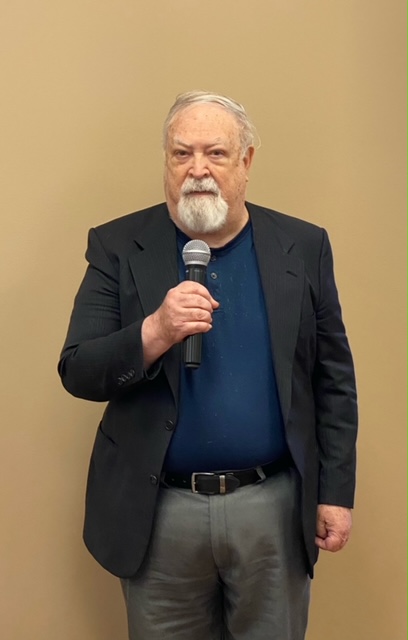
The FCC has serious, chronic, ongoing database and IT problems that frustrate me and my high-level FCC staff contacts. Information about a given station should be the same, for example, in the Consolidated Database System and in the Licensing and Management System, but sometimes it is not. It’s frustrating to take one step forward and two backward. I blame inconsistency in regulatory enforcement and interpretation not on the government but on human nature.
RW: Hypothetical question: If you were to serve as an FCC commissioner, what would be the first few things to address?
Broomall: LPFM is unique among all broadcast services with no commercials and 100 watts or less. When it was established in 2000 one of the commissioners called its founding a “rocket docket.”
While I’m not a libertarian, I believe the role of the FCC related to LPFM should be limited to technical interference. Most of the regulations related to board membership, localism, mission statement and assignments are inconsistent, with loopholes the size of semi trucks, and should be eliminated.
RW: What are a few things people should know about you outside of broadcast?
Broomall: I processed “Top Secret/Eyes Only” messages as a communication specialist in Vietnam. I’m interested in long-distance radio and TV reception, DXing. I operated an advertising and printing business at Five Points in downtown Atlanta. Over a period of 20 years I wrote professionally more than 10,000 résumés.
I’m also active in my church as a Reformed Christian. I’ve served as a deacon. I’ve also been on the founding board of two Christian schools. Last, but not least, I outlived three wives over a period of 50 years.
RW: Your late wife Henri was involved in the business.
Broomall: Henri died three years ago of a rare blood disease, thrombotic thrombocytopenic purpura or TTP. She was not only my wife but my live-in radio consulting partner from the beginning. Almost daily I see passwords and FCC filings she set up or handled.
In 2016 when Mike Huckabee, who once owned an LPTV station, was running for president, I was upset with the FCC about something. A friend of ours knew the person running his campaign in Georgia. I told Henri, “If Huckabee gets to be president I’ll use my contacts and ask to be named an FCC commissioner.” Immediately Henri responded, “You are going to Washington without me.”
RW: And what has been the most satisfying part of your career?
Broomall: Helping nearly 300 LPFM applicants or licensees. Speaking at National Religious Broadcasters conventions about LPFM and underwriting workshop panels. And I’m grateful that at 83, my best opportunities might be in the future. My new website LowPowerFM.info summarizes what I am busy doing now.







